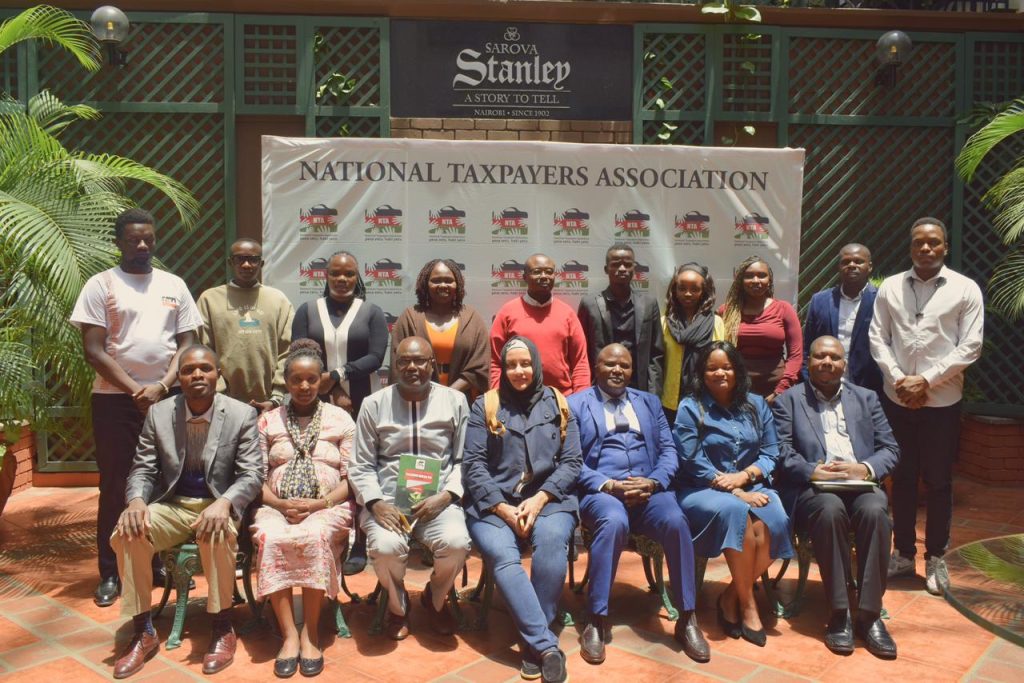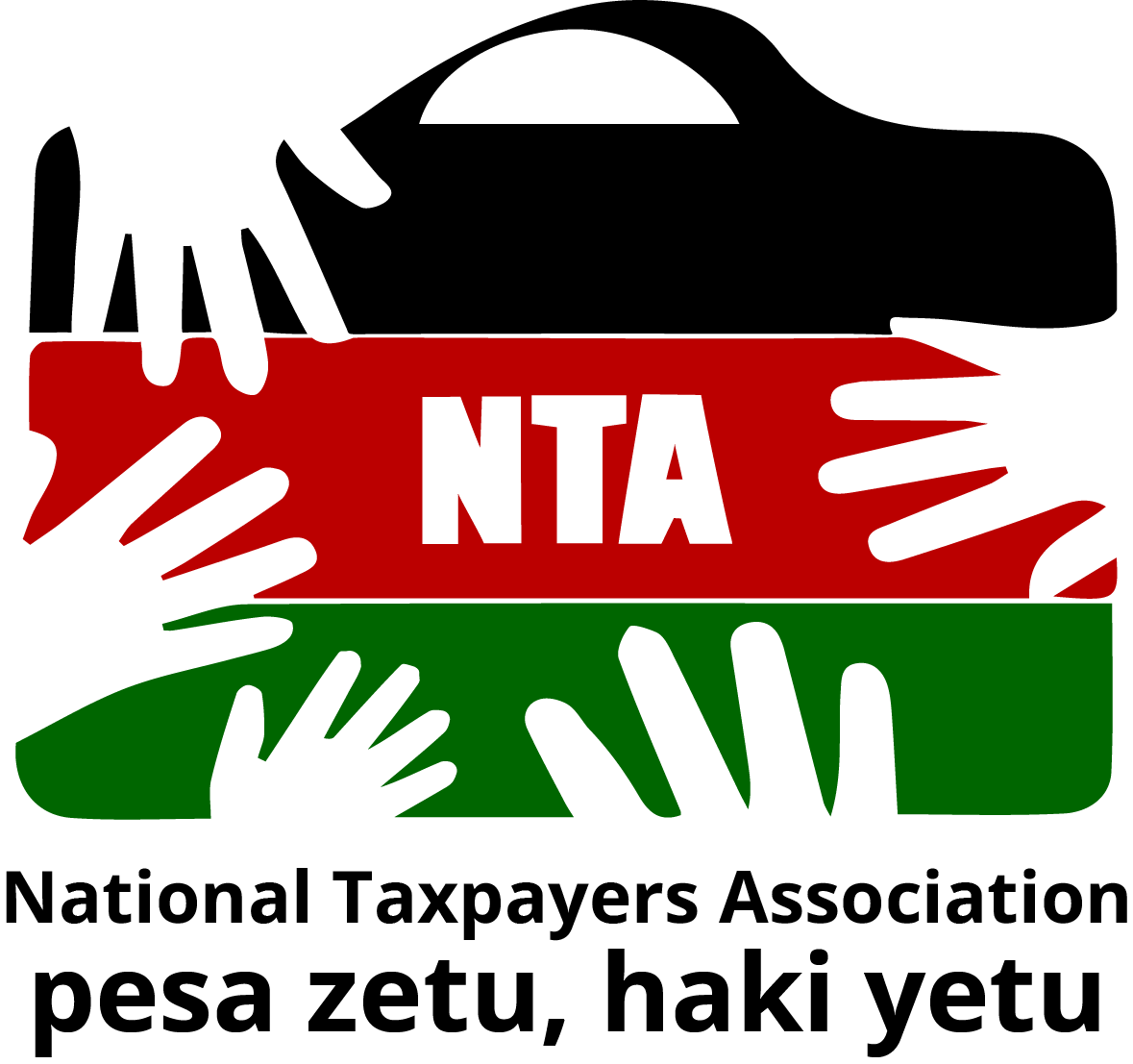NAIROBI, Kenya – In a significant step to broaden the national fiscal dialogue, the National Taxpayers Association (NTA) recently held a residential meeting with representatives from Civil Society Organisations (CSOs) and the media. The focus was a critical examination of the recently launched Wealth Tax Report and its potential to reshape Kenya’s Domestic Resource Mobilisation (DRM) landscape by introducing greater equity into the tax system.
The session aimed to move the conversation beyond government corridors, actively engaging CSOs in evidence-based advocacy and empowering the media to accurately inform and shape public discourse on this pivotal issue.

A Question of Fairness: Opening the Dialogue
In his opening remarks, NTA CEO Patrick Nyangweso set a compelling tone, highlighting the global trend of countries re-evaluating their tax systems in the face of widening inequality. He pointed to a stark Kenyan reality: the top ten per cent of the population hold more than 40 per cent of the nation’s wealth, much of which remains untaxed.
“Wealth taxation is not about taxing the monthly income of salaried Kenyans,” Mr. Nyangweso clarified. “It is about addressing the vast, accumulated assets—real estate, financial portfolios, and other holdings—that often escape the tax net. This is ultimately a conversation about fairness and choice: do we continue to stretch the budgets of low and middle-income households, or do we ask those with a greater capacity to contribute more?”
Unpacking the Wealth Tax Report: A Data-Driven Presentation
The findings of the landmark Wealth Tax Report were presented by consultant Dr. Lyla Latiff, who provided a comprehensive analysis covering:
The potential and moral justifications for taxing wealth in Kenya.
A clear definition of wealth taxation and its various global interpretations.
The different forms a wealth tax can take, including capital gains, property taxes, and direct net wealth taxes.
Illuminating country case studies from Argentina, South Africa, Norway, and Spain.
Critical data from the Kenya Revenue Authority’s (KRA) High Net-Worth Individual (HNWI) Unit, revealing the intense concentration of wealth.
The evolving global trends, including discussions at the G20.
A gap analysis of Kenya’s current legal and policy framework, identifying areas for strengthening.
Concrete policy recommendations, such as enhancing valuation mechanisms and anchoring a progressive wealth tax into the system.
A Balanced Debate: Opportunities and Prudent Caution
A vibrant plenary discussion revealed a consensus on the transformative potential of a wealth tax, alongside a clear-eyed view of the challenges. Participants agreed that a well-designed tax could:
Significantly reduce inequality.
Broaden the tax base, easing the burden on wage earners.
Generate sustainable revenue for national development.
However, concerns were raised about the risk of capital flight, the complexity of asset valuation, and potential resistance from economic elites. The consensus was that any move toward a wealth tax must be carefully designed, gradually phased in, and underpinned by strong legislation, transparency, and accountability to build public trust.
A Unified Call to Action
The meeting concluded with a clear roadmap. Participants called on the government to:
Strengthen KRA’s capacity to monitor high-net-worth individuals.
Urgently address identified legal and policy gaps.
Enact robust legislation to govern wealth taxation.
A critical role was assigned to CSOs and the media to sustain public engagement, ensure transparency, and foster trust in how revenues are mobilised and utilised. To deepen understanding, a proposal was made for a dedicated masterclass to clarify distinctions like the difference between wealth tax and double taxation.
In summary, the discussions reaffirmed that a well-designed wealth tax is not merely a revenue tool but a transformative instrument for a fairer, more equitable, and sustainable Kenya, ensuring that those with the greatest capacity to contribute do so for the nation’s collective progress.
